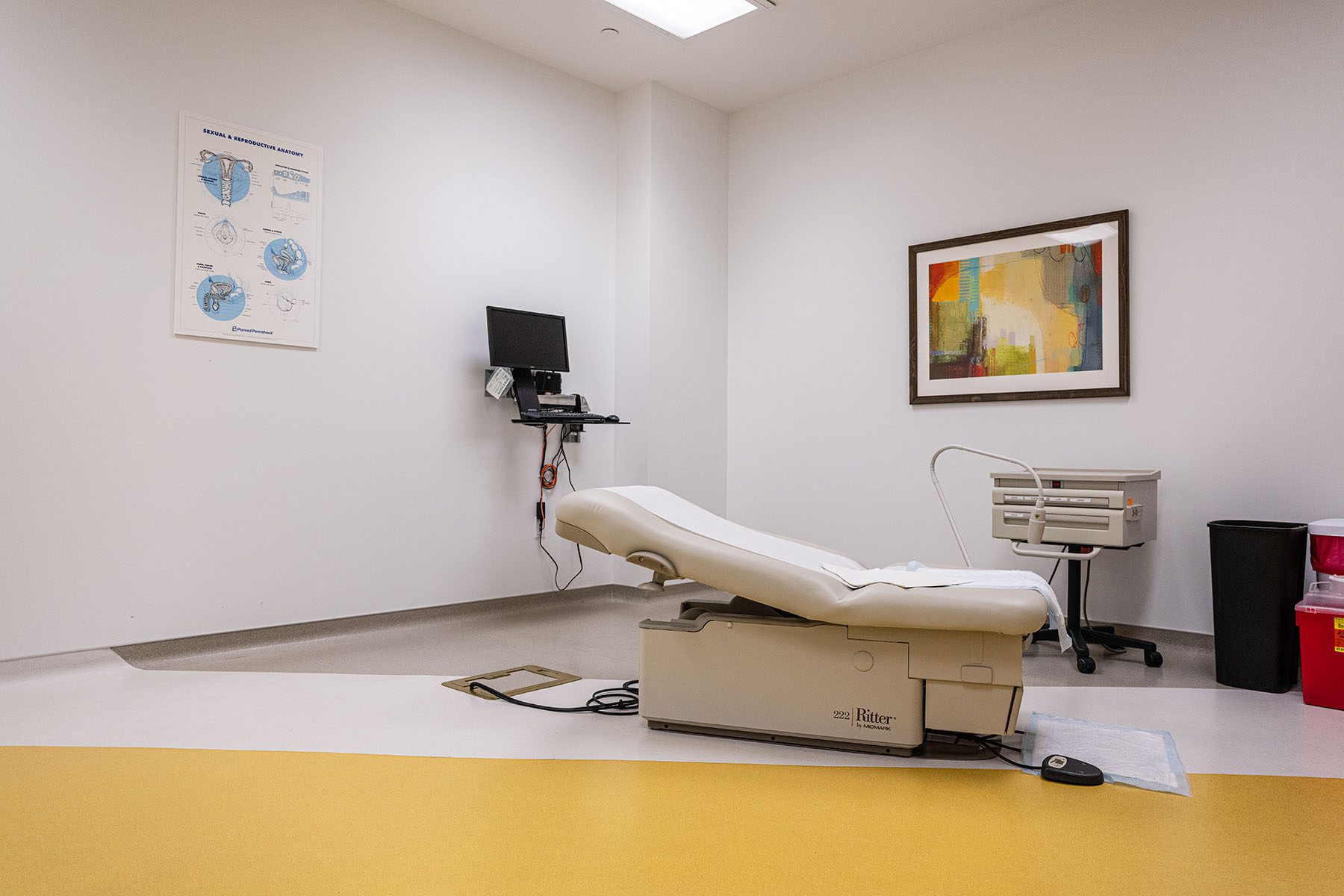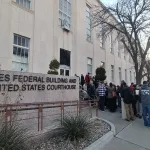Your trusted source for contextualizing abortion news. Sign up for our daily newsletter.
Abortion providers across the country are preparing for the possibility of providing care without access to mifepristone, one of the two pills commonly used in medication abortion. In some cases, clinics said that they would stop administering medication abortions, the most common method of ending a pregnancy, entirely.
The federal government has appealed a Friday ruling from a federal judge in Texas that would block FDA approval of mifepristone, issued in 2000. The ruling would not take effect until Friday at the earliest. If enforced, it could take mifepristone — which decades of data shows is incredibly safe and effective — off the market across the United States. There is no precedent for such a decision.
The Texas decision contradicts a separate ruling, also issued Friday, by a judge in Washington state, who found that the federal government cannot change access to mifepristone in 17 states plus the District of Columbia. With two federal courts in conflict, it is likely the availability of mifepristone will be decided by the U.S. Supreme Court — and for now, access to the drug remains unchanged.
Medication abortions can be performed without mifepristone, replacing the second pill with more doses of a drug known as misoprostol. The misoprostol-only regimen is commonly used in other countries, though it is less safe and effective than the two-drug combination.
-
Last Week’s Ruling:
-
Last Week’s Ruling: Federal judges issue conflicting rulings in a pill used for medication abortion
The uncertainty surrounding whether and when the Texas decision could take effect means that access to the most effective method of medication abortion will depend on individual clinics’ interpretation of the law and tolerance for risk, as well as how state governments choose to enforce other abortion restrictions they have on the books.
In Indiana, for example, medication abortions must be dispensed in-person — which can be logistically complex for people receiving misoprostol only. Bleeding and cramping can start an hour after taking the medication, less time than it takes many patients, particularly those crossing state lines, to drive to get to an abortion clinic. In the two-drug regimen, people would take mifepristone in-clinic and not take the misoprostol until at least 24 hours later.
What options are available will vary from state to state, but also within individual cities. The impact will be particularly noticeable in states that have seen massive influxes in out-of-state patients traveling for abortions, experts have told The 19th.
A Woman’s Choice, which operates one clinic in Jacksonville, Florida, and three in North Carolina, has been stockpiling mifepristone, the clinic told The 19th. They intend to keep distributing the drug as long as possible, even if the Texas judge’s ruling takes effect, and then switch to providing misoprostol-only abortions.
-
Political Impacts:
This is in keeping with approaches described by other clinics, including Trust Women, which provides abortions in Kansas, and the state governments of Washington and Massachusetts, all of which have argued that a court decision ostensibly blocking the federal government’s approval of the drug — and therefore its dispersal in pharmacies — should not prevent them from using up whatever remaining medication they have in stock. (California’s government has stockpiled excess misoprostol, which is currency not under threat.)
“Medication abortion is incredibly safe and effective and very much available. Right now there’s no change to anything,” said Amber Gavin, vice president of advocacy and operations for A Woman’s Choice.
Two miles away, clinicians at Planned Parenthood’s Jacksonville clinic, which has been flooded by out-of-state patients since Roe v. Wade was overturned, has been preparing to potentially drop medication abortion altogether. The misoprostol-only regimen can be more painful for patients and has a higher failure rate.
“I do think that we’re going to just do surgical [abortions] only because of that,” Jessica Wannemacher, health center manager for Planned Parenthood of South, East and North Florida, said in February. “We anticipate more problems with the miso-only regimen.”
As of Monday, Wannemacher’s clinics in Jacksonville and Tallahassee were scheduling more medication abortion appointments than usual this week as they wait for the Texas decision to potentially take effect.
The clinics “are trying to contact all out-of-state patients to make them aware and try to see them early,” Wannemacher said Monday.
-
More On Abortion Pills:
In Florida, the state government is working to pass a law that would ban abortion at six weeks of pregnancy and outlaw providing abortions by telemedicine. The legislation, which could effectively end access to abortion for most of the American South, would also require doctors “be physically present in the same room as the woman when the termination of pregnancy is performed or when dispensing abortion-inducing drugs.”
It is not clear if that language might ultimately prevent clinics from performing misoprostol-only abortions by requiring that patients take the drug in person, in a medical clinic — a stipulation that would be difficult to satisfy if patients, after taking the medication, then need to drive several hours home.
Ordinarily, requirements over “dispensing” drugs don’t mean they must be given in person. Pharmacists, for instance, are authorized to dispense medications but do not have to oversee patients taking them. But the tenor of the debate over abortion changes the risk calculus, said Laurie Sobel, associate director for women’s health policy with the Kaiser Family Foundation, and it’s possible that language like Florida’s could be construed to constrain when and how misoprostol is administered.
“Given the moment in time we’re in and how contentious this is, clinics are going to be wary of doing anything that could open them up to litigation,” she said. “And people who want to prevent abortions from happening in their state will try to interpret language as broadly as possible.”








